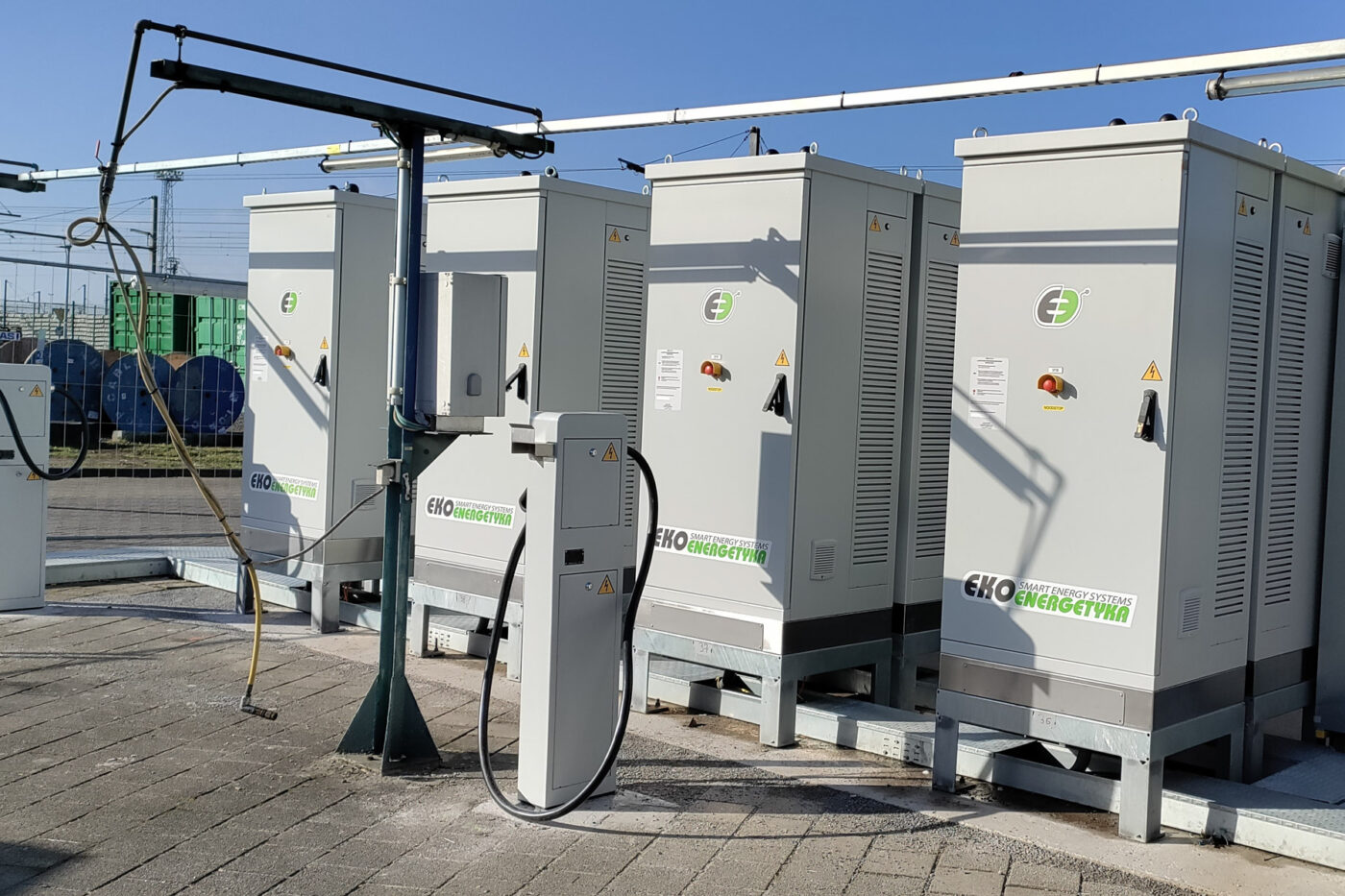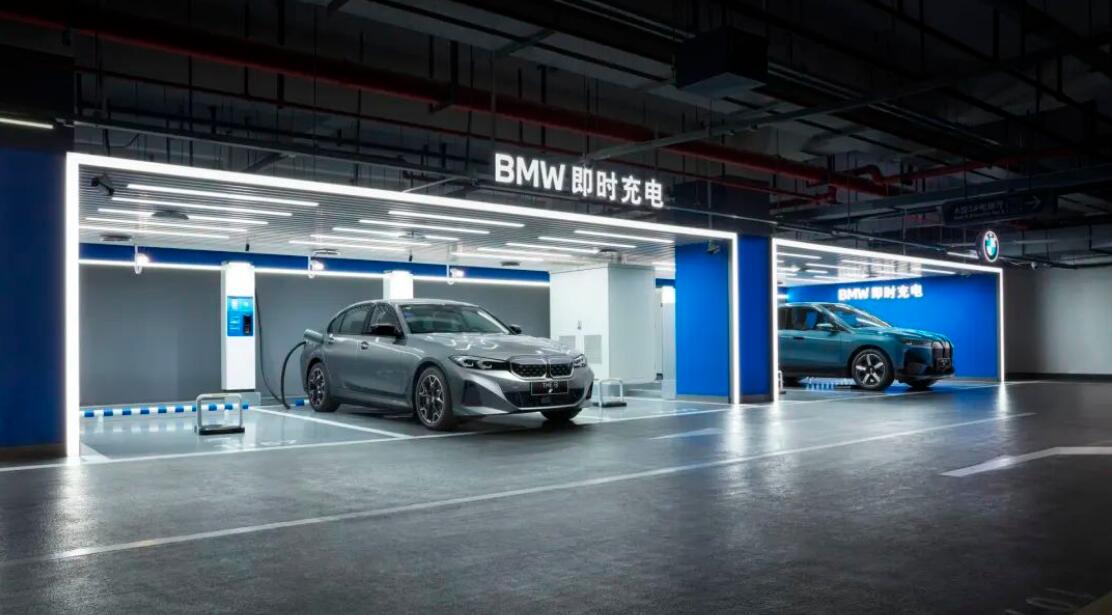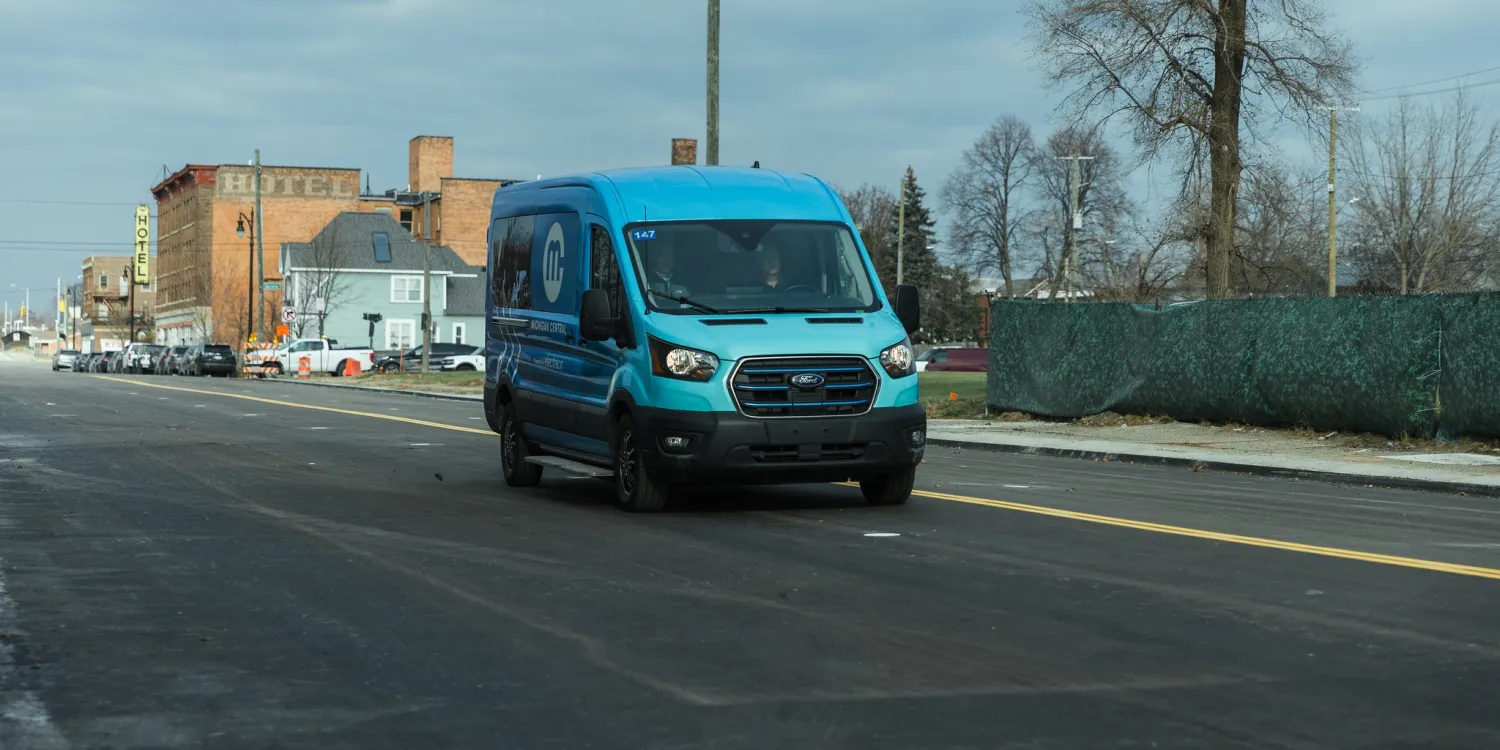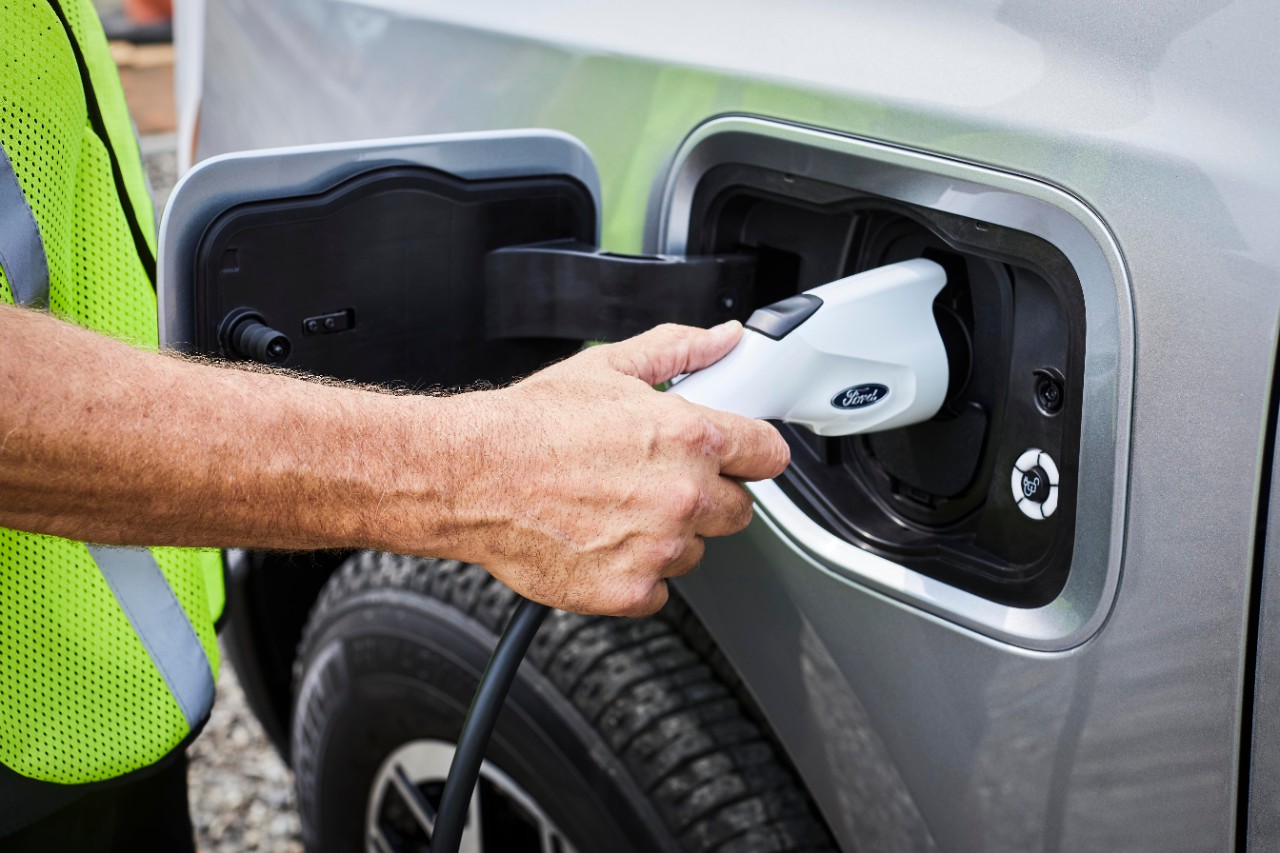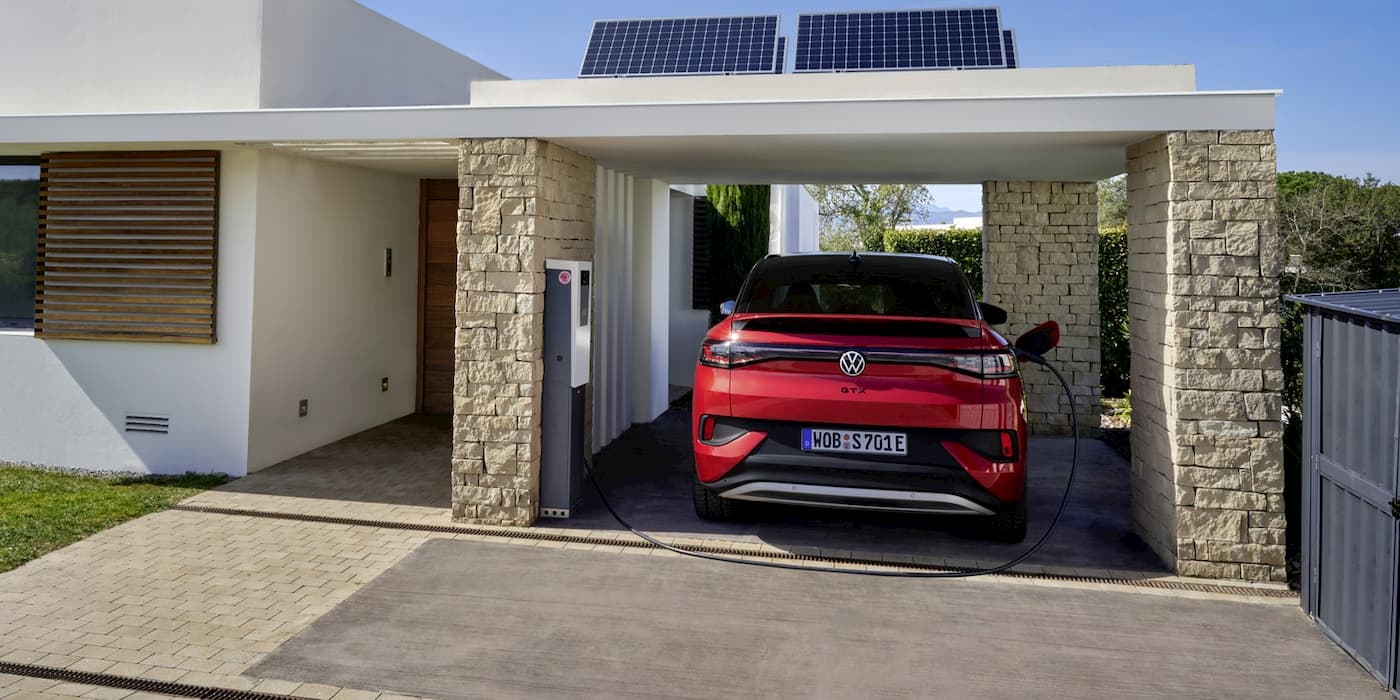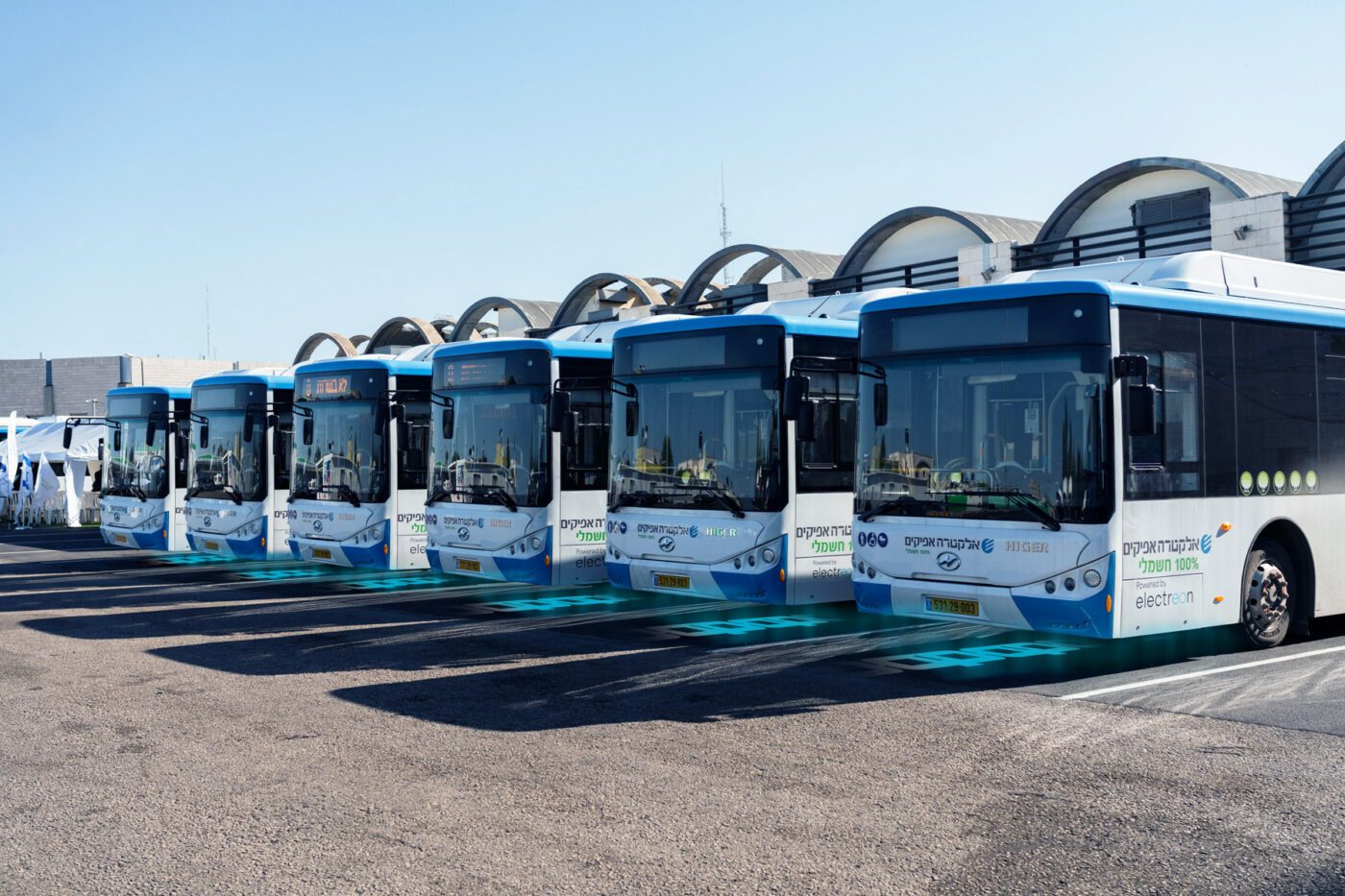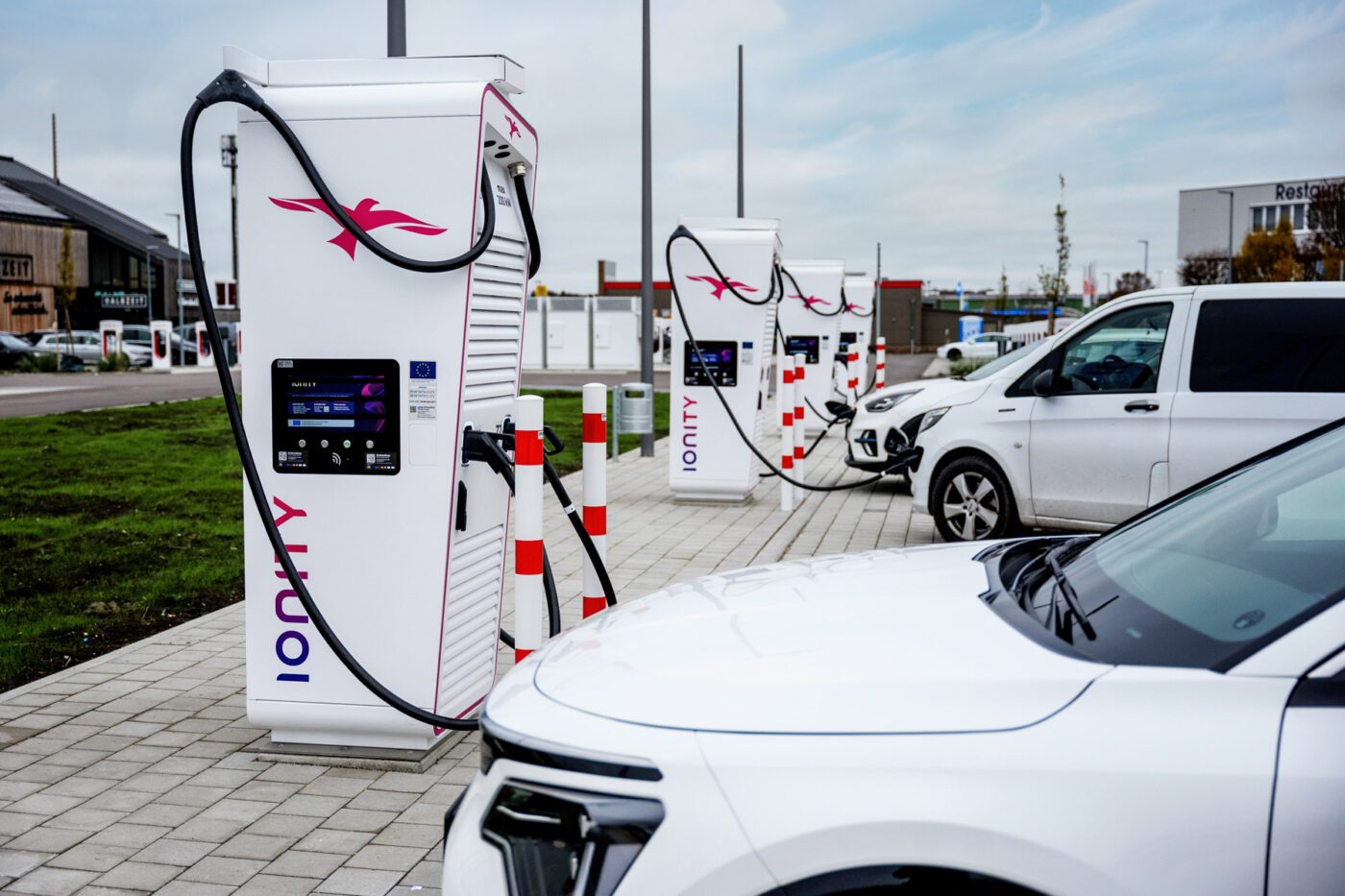Belgium’s public transport company, De Lijn, has entered into a framework contract spanning eight years for the acquisition of up to 1,600 new depot charging points to facilitate the charging of electric buses. The contract, recently granted, is a collaboration between two providers: ABB and SPIE-Ekoenergetyka.
This substantial order for electric bus chargers in Belgium is the result of a partnership between SPIE Belgium and Ekoenergetyka, a Polish charging infrastructure manufacturer. Notably, De Lijn had previously procured 252 charging stations from SPIE-Ekoenergetyka approximately a year ago.
The newly introduced framework agreement envisages the initial acquisition of 320 to 490 charging points in the first phase, distributed between the two providers. If De Lijn opts for the maximum of 490 charging points initially, the corresponding investment would amount to 15.3 million euros.
Although the Supervisory Board of De Lijn has given approval for the 1,600 charging points, their definitive allocation to specific depots and providers is yet to be determined. The distribution will hinge on the progress of infrastructure development at the depots, with ABB and SPIE-Ekoenergetyka competing for subsequent partial allocations.
Guy Damen, Sales Manager E-mobility for Belux at ABB, expressed their readiness to leverage their extensive experience in Western Europe for the benefit of De Lijn and its passengers.
Since 2019, De Lijn has been exclusively procuring buses equipped with low- or zero-emission drives, initially incorporating buses with hybrid drives. In line with its commitment to sustainability, De Lijn initiated a procurement process earlier this year for up to 1,250 electric buses, ranging in lengths from 8.5 to 24 meters. This effort runs concurrently with a framework tender from the previous year for 350 12-meter electric buses. Toward the end of 2021, De Lijn placed an order for 60 electric buses from the latter package, collaborating with manufacturers Van Hool and VDL.
Flanders has set a target to achieve entirely emission-free public transport by 2035, aligning with De Lijn’s goal to transition its public transport services to emission-free operations by the same year.

